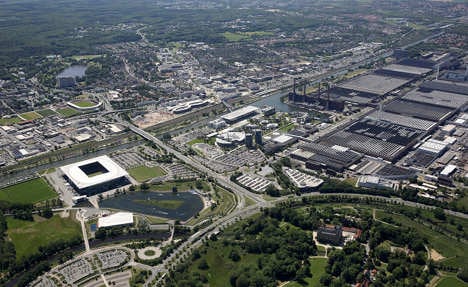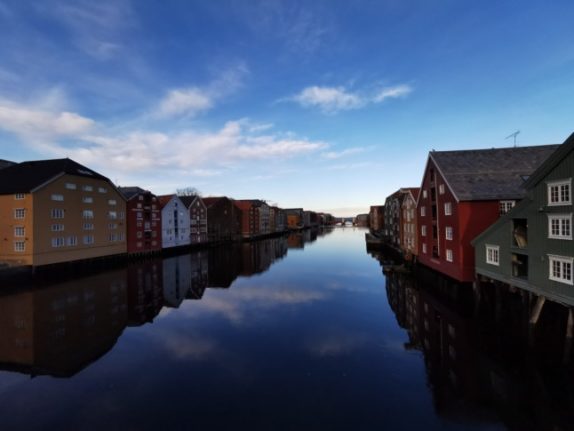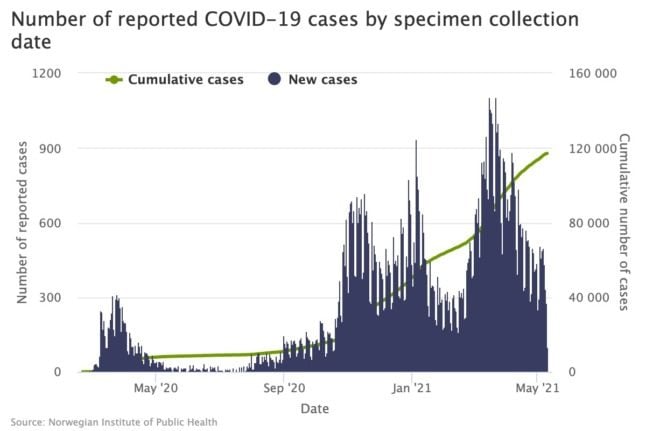With a gross domestic product (GDP) of €92,600 per person – a general indicator of a city’s economic level – Wolfsburg’s residents are the most financially stable in Germany. Behind them come banking capital Frankfurt with €82,700 per person then Schweinfurt with €78,400.
Thanks to Volkswagen, which provides most of the work in the city, there are as many jobs as there are residents – 120,000 positions. Around 74,000 of these are filled by people who commute from surrounding towns. The Volkswagen factory is the world’s biggest car plant.
Holger Stoye, CEO of Wolfsburg’s business development organization WMG Wolfsburg, told The Local that while Volkswagen was important, it was not the city’s only asset:
“Due to Volkswagen a lot of companies within the automobile industry have settled in Wolfsburg. However, in the last decades some of these companies have diversified their economic partners and thus lost their dependence on Volkswagen.
“Next to the automobile industry, there are many companies from other business fields that are very successful within the German and European markets. But most importantly, the economic success is due to the people within the region of Wolfsburg who combine high potential and qualification.”
City officials point out that Wolfsburg is not only a city in which to grow rich – it is also a nice place to live. The city was voted Germany’s most family-friendly in 2009.
Initially released in the Rheinische Post regional newspaper, the study showed that bigger was not necessarily better when it came to the economics of a town or city. Munich, widely known for being monied, had a GDP per capita of €58,000 – putting it 14th in the list.
It seems that other cities were also doing well from the auto industry. Ingolstadt placed number four on the list, thanks to Audi setting up shop there.
DPA/The Local/jcw




 Please whitelist us to continue reading.
Please whitelist us to continue reading.
Member comments